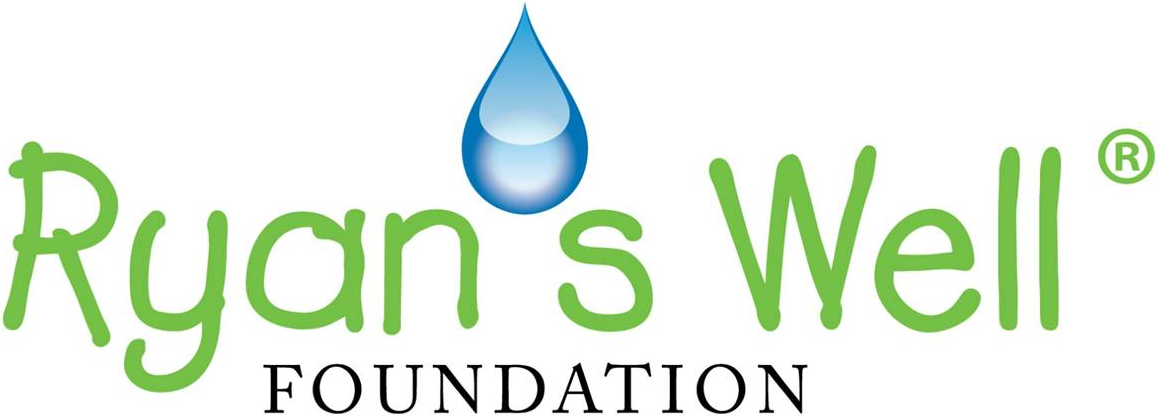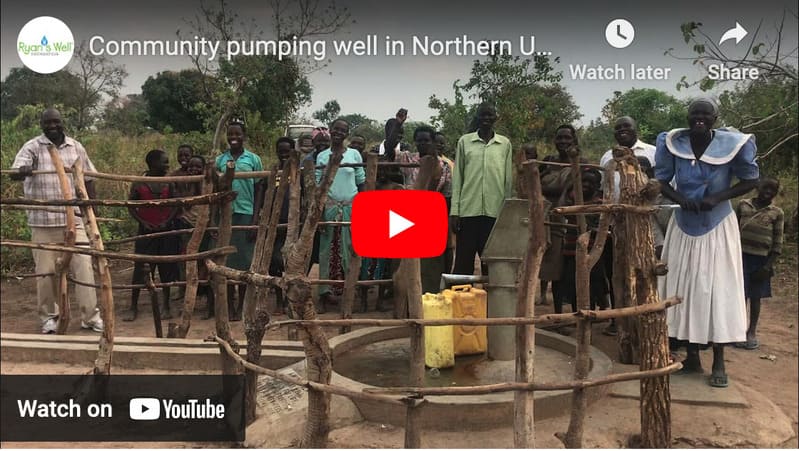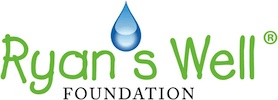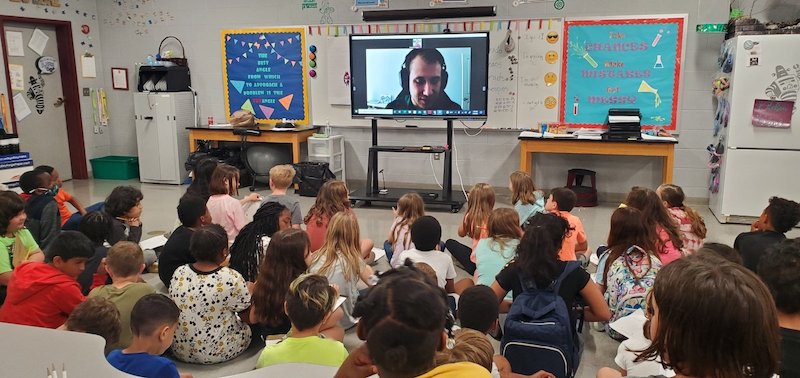ABOUT THE PROJECT
This proposed three-year project involves the drilling and the installation of 30 deep wells (10 per year for three years), as well as WASH training and community organization work for 30 communities (schools and/or villages). The 2022 fiscal year represents phase III of this multi-year project in Amach Sub-County, which has already provided 16,337 people with access to potable water and essential sanitation and hygiene training; this year, we expect to reach another 6,500+ people, which means a total of 22,837+ people will have improved health and well-being in just three years of project work in this area. The purpose of this project is to ensure a reduction in WASH-related infections, and to improve access to safe and sustainable water and sanitation for the people living in these 30 rural communities in Northern Uganda.
WHAT DO THE FUNDS SUPPORT?
- Construction of 10 deep wells in Amach Sub-County.
- Mobilization of all 10 communities/schools and organizing 10 WSSC.
- Formation of 10 Community Health Clubs (CHC).
- Extensive WASH training for all 10 communities/schools.
- Empowerment of 10 Voluntary Savings and Loan Association groups (VSLA).
- Development of Village Environmental Protection Committees (VEPC) and planting of 1,000 trees (100 at each site).
- Empower the current Sub-County Water Board on the Preventative Maintenances Model.
- Experience-Sharing Workshops, Hand Pump Mechanic Refresher, and Community Dialogue.
- PPEs (Personal Protective Equipment for COVID-19 Risk Mitigation).
- Ongoing local monitoring and evaluation.
WHY IS THIS PROJECT IMPORTANT?
- In much of rural Uganda, drinking water comes from rivers, and often carries water-borne diseases, including cholera, dysentery, and diarrhea.
- These diseases and symptoms are caused by lack of proper sanitation and hygiene habits, including poor human waste disposal, leading to waste ending up in rivers and valleys during the rainy season.
- Women and children (especially girls) typically spend 1-2 hours a day collecting contaminated water.
- Many children in Uganda miss 25% of their education annually to collect water for their families.
- As a result, students fall behind in their studies, and do not receive equal learning opportunities.
- For girls, this is exacerbated by a lack of sufficient sanitation and hygiene services. They are not taught how to make sanitary napkins for their menstrual cycle, and are therefore forced to stay home from school a week out of every month – adding another 25% of missed school annually.
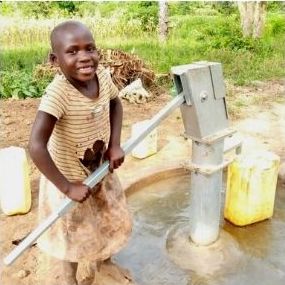
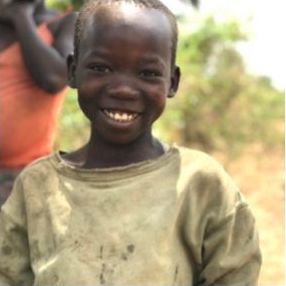
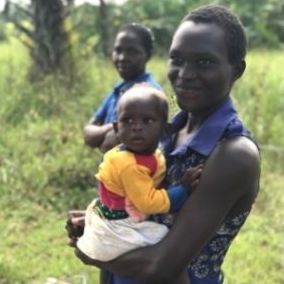
ABOUT LIRA
Lira is a fast-growing district in Northern Uganda because it has a stable infrastructure that has not been destroyed (nor have its inhabitants been displaced) by rebels in recent years; however, it is still considered to be one of the most vulnerable districts in Uganda with regards to safe water and sanitation coverage. Most people are still practicing farming for subsistence, are earning a smaller profit, and are selling any surplus. Issues in this area mainly revolve around the price of cotton and access to transportation for goods.
About Uganda
Uganda is a small, landlocked country on the eastern side of Africa that experiences many environmental, political, economic, and social hardships. In Uganda, habitants of rural villages are often required to travel long distances to collect water for use at school and home. This burden disproportionately falls on women and children, especially girls, who typically spend 1-2 hours per day collecting contaminated water. For many schools in Uganda, children take alternate morning classes off to collect water for the school, thus missing 25% of their education annually. As a result, many students fall behind in their studies, and are not provided with equal learning opportunities. The water collected also comes from rivers, and often carries water-borne diseases, including cholera, dysentery, and diarrhoea. This contamination is caused by a lack of proper sanitation and hygiene behaviours, including poor human waste disposal, which is then washed into river streams and valleys during the rainy season. Without access to safe water and clean toilets, many unhygienic situations occur, causing community members to become sick. The absence of sufficient sanitation services and hygiene training most negatively affects girls because they are inadequately educated about reproductive health and how to manage their menses; without knowing how to make or use a sanitary napkin during their menstrual cycle, many girls are forced to stay home for one week every month, missing another 25% of their annual education.
ABOUT OUR PARTNER, DIVINEAID
DivineAid (formally Divine Waters Uganda) has been a Ryan’s Well partner since 2003, and are very experienced in all components involved in organizing and training a self-sustainable community. Ryan’s Well Foundation and our local partner in Northern Uganda, Divine Agency for Integrated Development (DivineAid), continue to concentrate our efforts in Lira District in order to improve the equitable distribution, effective usage, and maintenance capacity of WASH services in this area.
Every effort is made to designate your funds as requested; however, if the specified project has become fully funded or unforeseen circumstances delay its start, we may allocate your donation to another important project.
